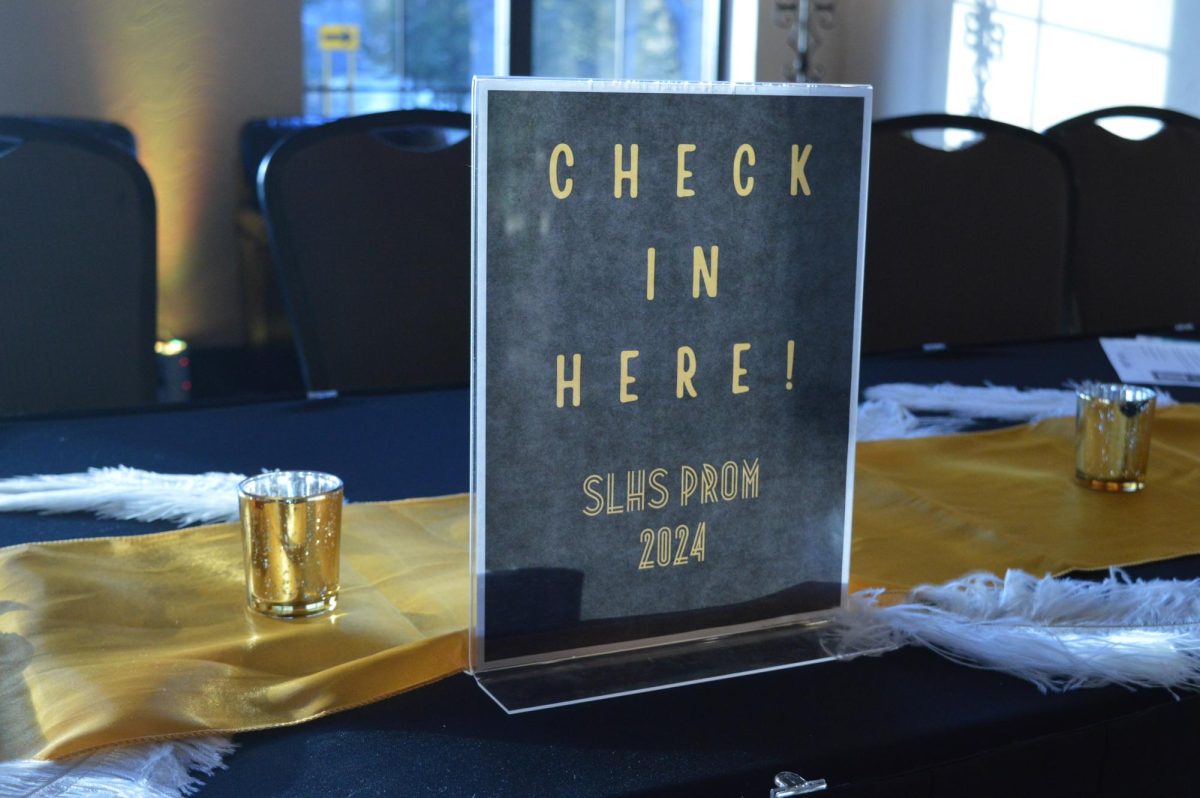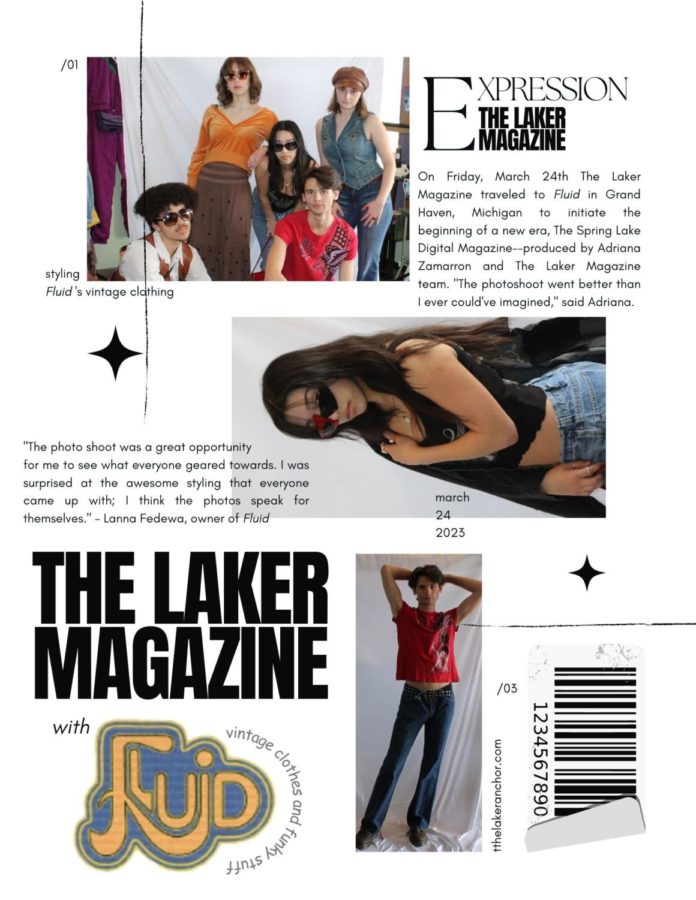For AP students, the most dreaded time of the year is upon us: May.
May is AP exam season, and for some students, the most stressful time of the year. The AP exam is arguably the most important part of a class, as doing well on the exam can lead to you not needing to take the class in college. For example, at the University of Michigan, a 5 on the AP Calculus AB exam can lead to four credit hours, which can exempt you from a 100-level math course, per lsa.umich.edu.
But these exams are difficult, and for students challenging themselves with multiple AP classes, May is even more stressful. So how can students deal with this stress?
Study Less
While this may seem counterintuitive, there is a method to the madness.
Exams are stressful, and if you’re taking three or four classes, you have to study for all of those exams. To study for those exams, you likely cram a few days before the exam — which is when the anxiety really sets in.
If, instead of studying four hours a night three days before the exams (12 total hours), you study two hours a night six days before the exam (still 12 hours), you might feel less stress. A study from the American Psychological Association shows that studying over longer periods improves long-term memory, which is not only achieving the goal of passing the exam, but also helps you in the future.
 Study Better
Study Better
Cramming is something every high school student is familiar with. Right before the test, you look at every single note you took over the material and pray you remember it. That just won’t work for an AP test — it’s everything you learned over the entire year, in a multiple-hours-long test, and it is college-level material.
Rather than cramming, study more effectively with “active recall.” Active recall is a study method that relies on the quick recall of information from what you remember, and training it. In short, you look at a topic and try to write everything down that you know. If you don’t know much, that’s okay — it’s where you start.
You then check what you wrote down with the actual definition of the term — if they are different, that’s okay, too — and just rewrite the term with the correct definition. Say it, correctly, out loud. Consolidate it in your mind. Repeat for every term.
After you’ve done it for every term, write concise notes about terms, trying to reinforce the definitions. Then repeat until you feel confident in your abilities (even on a different day/different time). This method should help you recall information more readily and retain it for longer, despite studying for less time. In 1885, Hermann Ebbinghaus developed the “forgetting curve,” which indicates that, without this consolidation of information, you will likely forget something within an hour or less.
Do Something Fun!
Life doesn’t always have to be boring, especially when you’re studying for exams. Taking breaks is important, not only for your mental health but also for your studying.
According to Cornell Health, taking breaks increases your energy and your productivity, but also your ability to focus and retain information. Notably, these breaks can’t be your phone, but it could be something else that you enjoy.
AP exams don’t have to be so stressful, especially when you feel prepared, get a good night’s sleep beforehand, and have a positive attitude. You’ve got this, Spring Lake — go for those 5s!



























